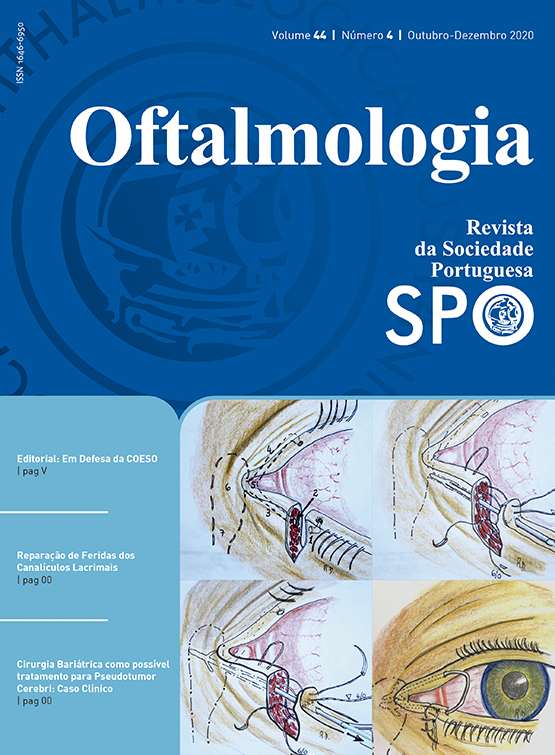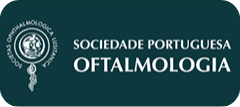Topical Cyclosporine in Severe Steroid-Dependent Phlyctenular Keratoconjunctivitis associated with Ocular Rosacea
DOI:
https://doi.org/10.48560/rspo.20085Abstract
Introduction: Phlyctenular keratoconjunctivitis is an uncommon and often misdiagnosed ocular immunological disorder, secondary to ocular or systemic illness, that usually responds well to topical steroids. In a few cases, it can be refractory or steroid dependent, hindering treatment.
Case Report: A healthy 12-year-old dark skin female without prior ocular or systemic disease presented in our department with a corneal ulcer and centripetal corneal neovascularization in the left eye and phlyctenules in both eyes, without blepharitis. Testing for different possible inciting agents, such as chlamydia and tuberculosis, was negative. During the follow-up, the patient presented episodes of chalazia and facial pustules and the diagnosis of bilateral phlyctenular keratoconjunctivitis secondary to recurrent ocular rosacea was presumed. As soon as the corneal ulcer was completely healed, the patient started topical corticosteroid treatment with clinical improvement. After several failed attempts of steroids tapering, topical cyclosporine was added to therapy, enabling corticosteroid discontinuation.
Discussion: Phlyctenular keratoconjunctivitis is frequently caused by a hypersensitivity reaction to microorganisms, such as staphylococcus species and mycobacterium tuberculosis, but it can be also associated with ocular rosacea without evidence of other inciting agents. The progression of phlyctenulosis to severe complications, as corneal scarring or even perforation, can compromise visual acuity at an early age and for that reason it is important to find and treat any inciting agent for the successful management of this disease. Even with adequate treatment for ocular rosacea with steroids, side effects of long-term therapy to control recurrent ocular inflammation grants topical cyclosporine an important role in disease management.
Downloads
Downloads
Published
How to Cite
Issue
Section
License
Do not forget to download the Authorship responsibility statement/Authorization for Publication and Conflict of Interest.
The article can only be submitted with these two documents.
To obtain the Authorship responsibility statement/Authorization for Publication file, click here.
To obtain the Conflict of Interest file (ICMJE template), click here







